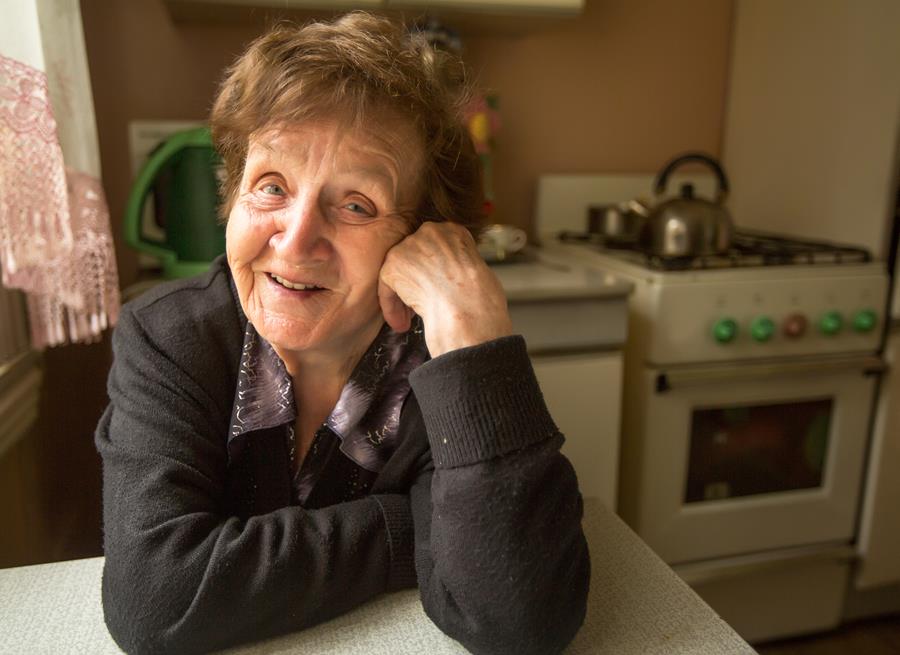Brushing up on oral health
April 1, 2018
Throughout your life, brushing your teeth is a simple and effective way to help take care of your health.
But some older Tasmanians experience a dramatic decline in their oral health. This can happen for a variety of reasons – including a loss of manual dexterity or memory issues related to dementia. Certain medications can also affect people’s teeth and gums.
Anglicare’s support workers recently took part in education and training sessions about supporting older people to maintain good oral health.
“Oral health has a huge effect on people’s overall quality of life,” says Connie Bruckard, Anglicare’s General Manager of Aged and Home Based Care Services. “A healthy mouth is important for eating and communicating, to feel comfortable about your appearance, and to stay pain and infection-free,” she says.
Dr Chris Handbury, the clinical director of Oral Health Services says oral hygiene is important at all ages. “Unlike previous generations, many people now retain their natural teeth throughout their life,” he says. “We know that poor oral health is associated with a range of major chronic diseases, but there are some simple things we can do to look after our teeth and gums”.
The main things are:
- Brush your teeth morning and night using a soft toothbrush and a fluoride toothpaste. A small circular motion is best;
- Get regular check-ups at the dentist (every 6 months if possible);
- Drink plenty of tap water;
- Replace your toothbrush when it becomes worn (every 3 months).
- If you have dentures, keep them clean using a toothbrush and water. Taking dentures out overnight gives the soft tissue in the mouth a chance to relax and stay healthy.
Dr Handbury says some people find electric toothbrushes or special grips on their toothbrush handle are useful. “Another issue we regularly see is that some medications cause a dry mouth,” he says. “This can be quite debilitating for people but there are things a dentist can recommend to help with this”.
Poor oral health has been linked to cardiovascular disease, diabetes, cancer, respiratory disease, stroke, ulcers and pneumonia.
Connie Bruckard says Anglicare’s team is enthusiastic about contributing to the quality of life of older Tasmanians. “By supporting people to keep up their oral hygiene, we help to ensure they can continue to enjoy a range of different foods and take part in social activities, while also reducing the chance of tooth decay, gum disease and serious infection,” she says.
Find out more about Anglicare’s Aged and Home Care services.

